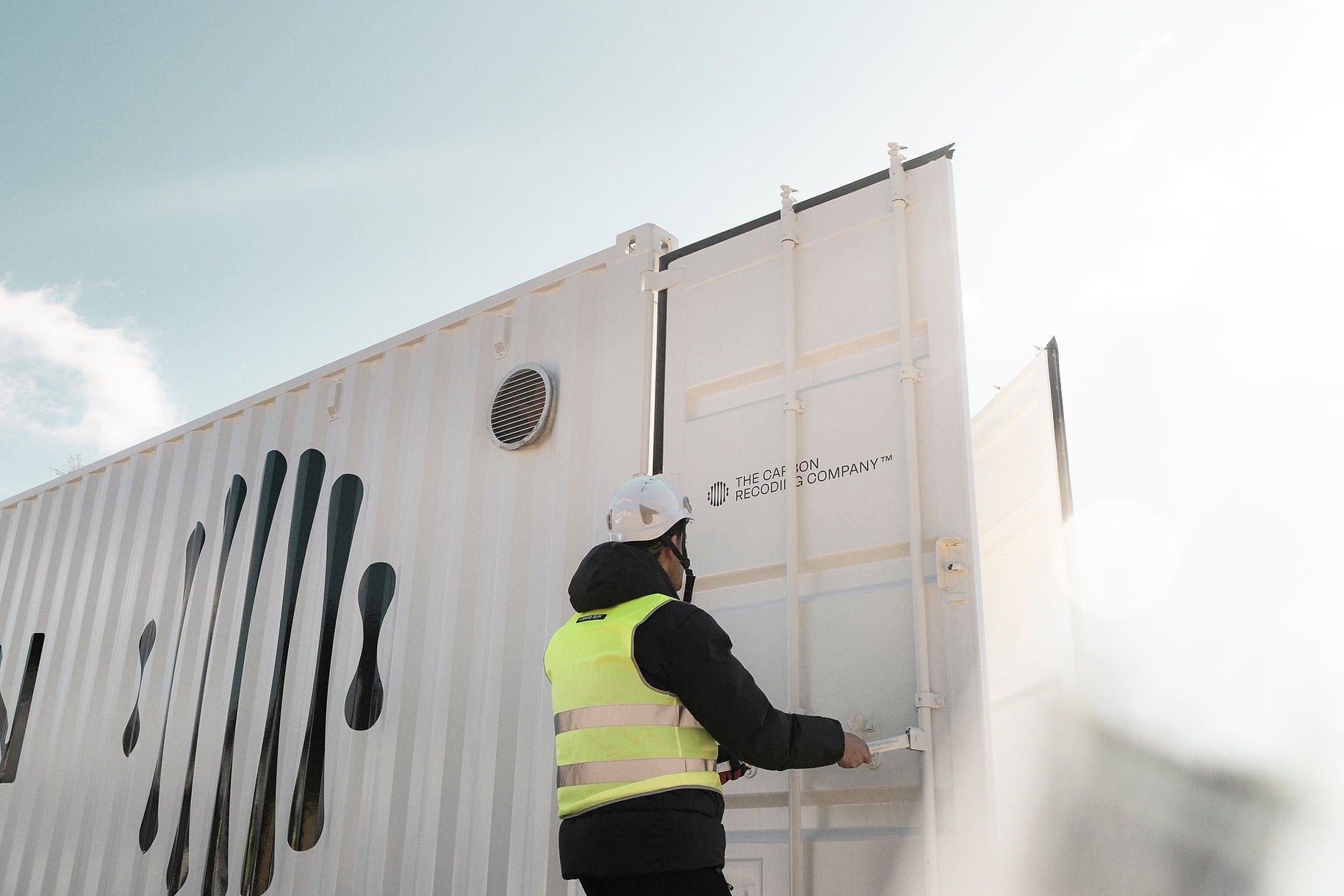Liquid Sun, a Finnish technology company, has announced the launch of a globally unique pilot project to produce renewable synthetic aviation fuel (eSAF) from biogenic CO₂ emissions. The initiative, developed from research at Tampere University, uses low-temperature electrolysis (LTE) technology to convert CO₂ and renewable hydrogen into sustainable aviation fuel.
The pilot unit will be located in Espoo and is scheduled to begin operations in autumn 2025. This first-of-its-kind pre-commercial facility aims to create a functioning ecosystem and value chain for eSAF production in Finland, paving the way for future large-scale deployment.
To advance the project, Liquid Sun has partnered with Finnair, ABB, Fortum, and Finavia, who will jointly develop production processes, validate performance, and explore scalable pathways for global adoption.
“Finland has the opportunity to become a leading producer in the rapidly emerging sustainable aviation fuel market. Achieving this requires collaboration across the value chain to accelerate the transition,” said Pasi Keinänen, CEO of Liquid Sun.
The launch comes as the EU’s aviation blending mandate took effect in early 2025, requiring a steady increase in renewable fuels in aviation. By 2030, synthetic fuels from CO₂ will be included, and by 2050, the mandate will rise to 70% renewable fuel content, with half sourced from eSAF.
With 20 million tonnes of biogenic CO₂ annually from Finland’s forest industry, plus additional emissions from biogas plants, the country is well positioned to scale production. Decentralized eSAF facilities could also strengthen energy security and balance grid loads.
“Aviation is one of the hardest sectors to decarbonize. This project strengthens Finland’s ability to develop synthetic aviation fuel and supports our industry’s carbon neutrality goals,” said Riku Aho, Vice President Energy Transition at Finnair.
“We are pleased to contribute renewable energy, and soon hydrogen from our pilot plant, to support sustainable fuel production,” added Satu Sipola, Vice President Hydrogen and Project Execution at Fortum.
ABB and Finavia echoed the importance of ecosystem collaboration, with ABB’s H2 Springboard program and Finavia’s airport network both supporting the integration of hydrogen and synthetic fuel solutions.
According to Keinänen, rapid piloting and validation are essential for building a new synthetic fuels industry. If successful, the project could give Finland a significant competitive advantage in the global eSAF market.


